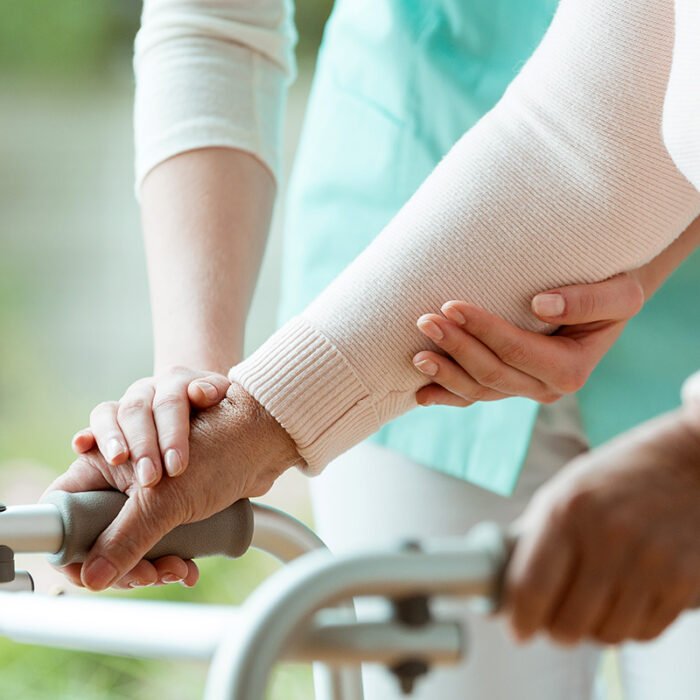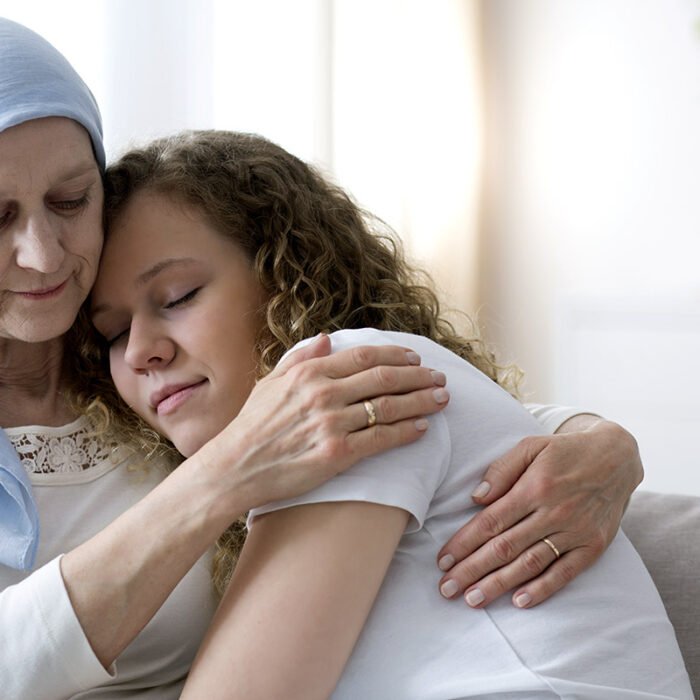

The Sage Family of Companies continues to deliver the most personalized hospice services where care is needed, whether in the home or a healthcare community. Our team is taking proactive measures to reduce and prevent exposure to COVID-19. We are committed to protecting patients and residents of healthcare communities from the spread of infectious diseases. We are accepting new patients, providing quality, patient-focused services, and, as always, are here to support our community.
We continue to monitor any changes in guidelines issued by the CDC, The National Hospice and Palliative Care Organization (NPCO), and local public health authorities.
Practicing high infection prevention and control standards have always been a priority for The Sage Family of Companies. We are dedicated to the health and well-being of our patients and staff and want to share the precautions we are taking.
Our team has developed a “social distancing plan” to reduce person-to-person contact, including adding barriers where needed to limit close contact, postponing our monthly bereavement support groups, and limiting personnel and visitors to our administrative offices. Additionally, many direct-care team members will work remotely from home when not providing care. Finally, we have implemented additional precautions to safeguard both employees and patients by taking employee temperatures each morning and again before entering any skilled nursing or assisted living communities.
Content Update May 26, 2023
COVID-19 affects different people in different ways. Infected people have had a wide range of symptoms reported – from mild symptoms to severe illness.
The best way to prevent illness is to avoid exposure to this virus. Learn how COVID-19 spreads and practice these actions to help prevent the spread of this illness.
Treatments used for COVID-19 should be prescribed by your healthcare provider. People have been seriously harmed and even died after taking products not approved for COVID-19, even products approved or prescribed for other uses. Your healthcare provider will decide on what approach to take for your treatment.
Your healthcare provider also may recommend the following to relieve symptoms and support your body’s natural defenses.
Content Update May 26, 2023